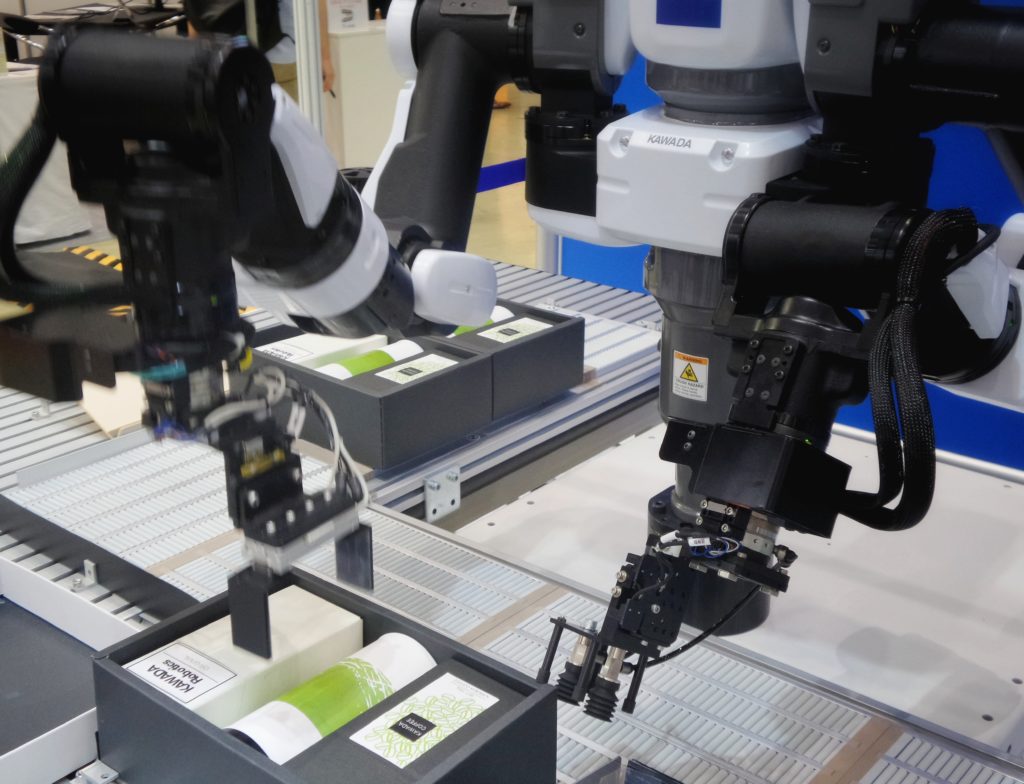Every business owner dreams of having a fully automated factory, working seamlessly with both humans and robotic staff. But do you know how to get started?
There is no reason to wait any longer to start automating your company. We’ve prepared a quick guide explaining what you’ll need to get started now and be successful at it.
1. Understand your manufacturing process
The first step to implementing anything at a company is understanding its processes.
Begin by compiling a list of all of your company’s operational processes. Ask yourself, what does your operations team do on a daily or weekly basis? Write a brief description of each process, identify the responsible team and estimate how many times you will run that process each month.
If this seems like too much trouble, there are many services, including Abrisuite, that can help you to better understand what is going on in your business.
Companies frequently make the mistake of not streamlining business processes before introducing automation. Automating a dysfunctional business process will result in even more inefficiencies and errors. Instead, businesses should examine the underlying processes, engineer them for efficiency, and then automate.
2. Learn about automation
You probably won’t be implementing automation independently and may have a specialist ready to help you, but before hiring anyone, it’s important to research what automation can do for you.
Even if you can automate every part of your manufacturing process, you may not want to do this. Not only because it can be expensive, but because you need to know how these friendly robots can help you.
One of our clients, for example, implemented a robotic arm in her organic juice factory to reduce overhead. Of course, this was accompanied by a roadmap, but the client must know what automation can and cannot do for them.
You don’t need to become an expert in automation, but understanding the basics can help you and your business. Good places to start learning are:

3. Plan and make an automation roadmap
A roadmap is the first step any serious company will suggest for you before buying any piece of technology. The research you did before will play an important role, but nothing substitutes the assessment of a professional.
An Automation Roadmap is the way to give your automation project end-to-end guidance. The success of a project is determined by three factors: planning, loading, and execution. The roadmap also helps to visualize what will and what will not be automated, even if, in the end, everything becomes integrated.
Abrisuite’s partner, SPI, is responsible for offering our Industry 4.0 solutions. SPI experts work hard for you, not only during automation implementation but especially before and after.
4. Train your team for automation
Buying supplies and integrating systems is necessary for having automation at your factoring, but none of those things will work if the staff isn’t trained.
You’ll have to take time to train your team to work with their new robotic coworkers, but it will be worth it if it means a more integrated and happy team.
So, what are you waiting to take the first step towards automation?
Learn more about Abrisuite’s services and start now.


